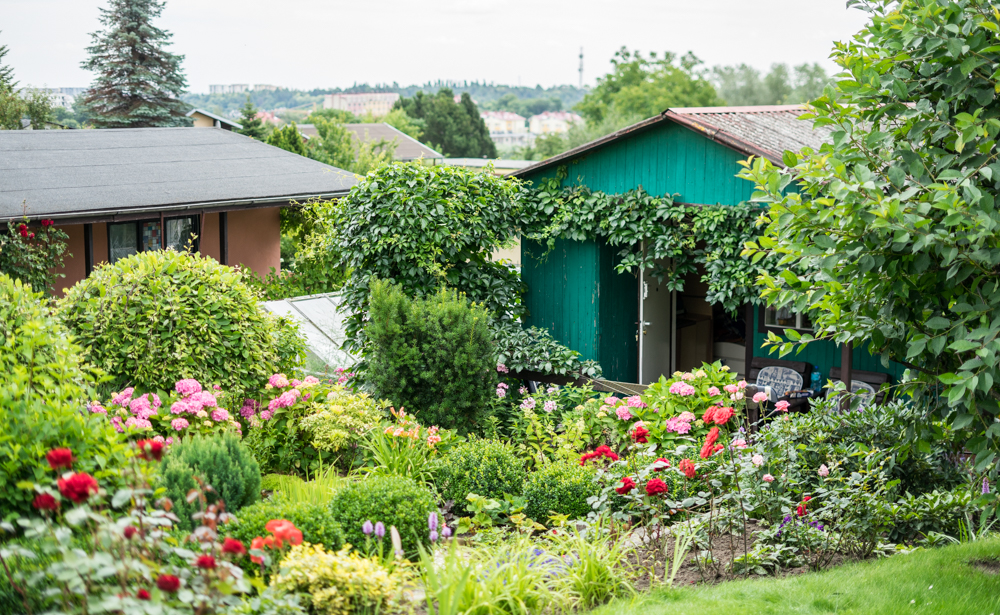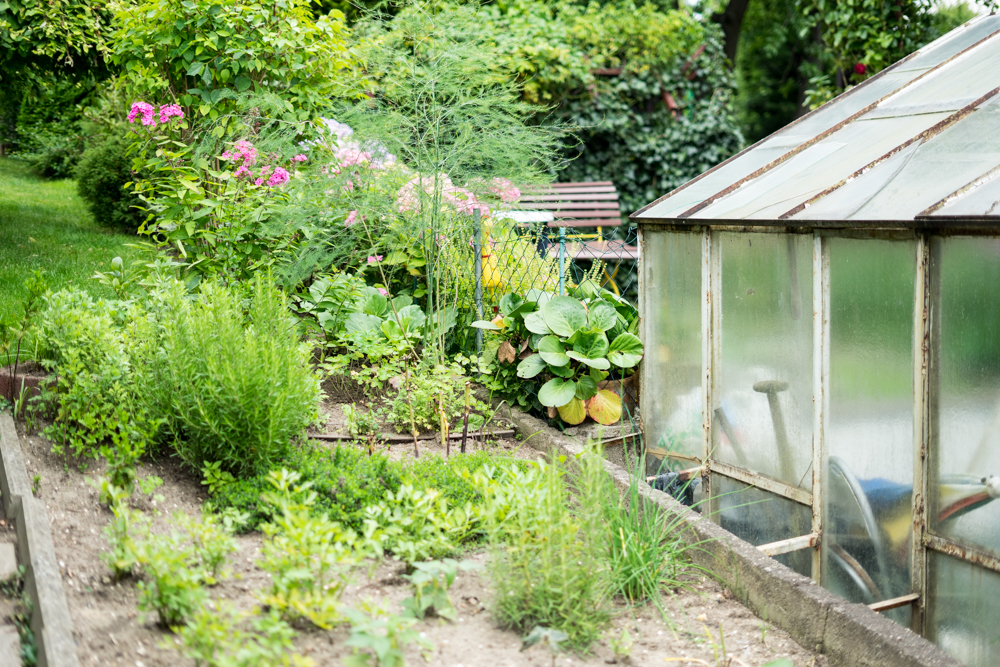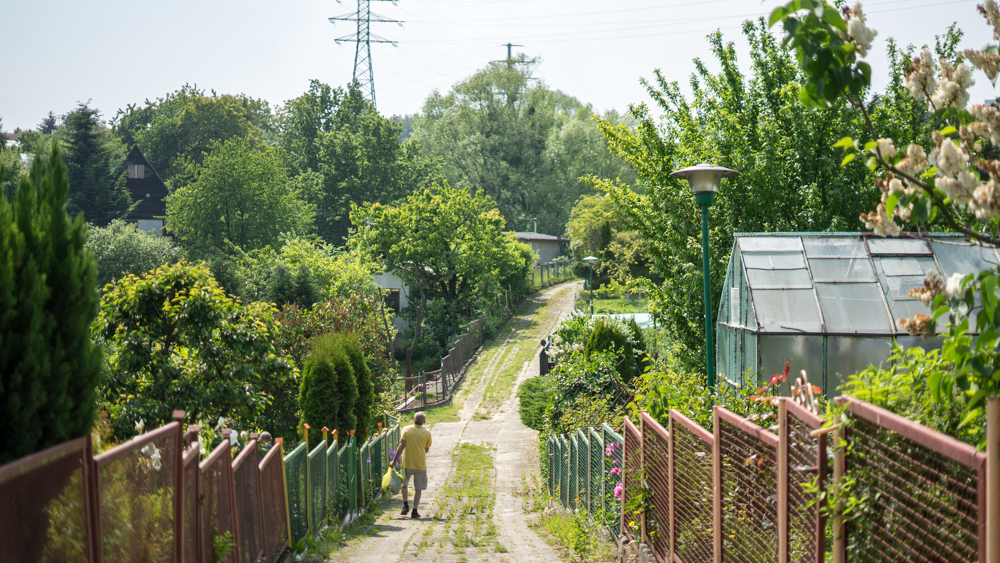
Food as a powerful way to understand social reality and its dynamics
image: Mateusz Malcharek
Framing Poland through the lens of post-socialism, as is common in the social sciences, has become outdated. This label no longer captures the rapid changes that have taken place since the fall of the Iron Curtain. Ola Gracjasz's research shows that people are redefining their national identity, blending global influences with tradition, and that citizenship transcends political statehood and is shaped by personal and social contexts.
In her research, Ola focused on how people actively contribute to shaping their urban environments. In particular, she explored how residents participate in the creation and life of their cities through a variety of food networks. These included alternative food networks, short food supply chains, and urban agriculture. Ola's research examined spaces such as allotments, community gardens, food banks, grassroots activist movements such as Food Not Bombs, freeganism, cooperatives, and vegan cafes and restaurants. Especially the latter ones have, in the urban context of Poland and specifically in Gdańsk, a significant political dimension.

Academic journey
From the beginning of her academic journey, Ola has seen food as a powerful way to understand political ideas and actions. For her undergraduate thesis, she studied students' food choices. He rmaster’s research, however, focused on on spirit possession during Santeria ceremonies in Cuba.
She was attracted to the Food Citizens? project because it gave her the opportunity to return to Poland after more than 10 years abroad, to work as part of a team, and to use different research methods such as video and photography. However, it took some time for her to find her own personal connection and develop a deeper interest in the project. Ola conducted her fieldwork in Gdańsk between 2018 and 2020, using ethnographic methods including participant observation and multimedia approaches such as video and photography.
More than a political concept tied to the state
Ola: "One of the main findings of my research is that the way we categorize Poland in the social sciences, often through the lens of post-socialism, is outdated. Since 1989, Poland has predominantly been viewed through the lens of post-socialism. While this label has been helpful in understanding the country's past, it no longer reflects the rapid changes Poland has experienced since the fall of the Iron Curtain thirty years ago." Ola's research shows how people are redefining their national identity, blending both global influences and traditional values. "I've found that citizenship is more than just a political concept tied to the state, it's shaped by personal experiences and social contexts. These insights are especially important in today's world, where oversimplified views often dominate public discussions. Anthropology is uniquely suited to challenge preconceived notions and expand our understanding of the world and its dynamics."

Anecdote: a birthday in the field
On a sunny day in July, which happened to be her birthday, Ola had planned a series of visits to several gardeners. Knowing it would be a busy day, she started early. "My first informant of the day invited me in for coffee, a common gesture of hospitality. After coffee and conversation, she brought out two glasses of homemade fruit wine, made from grapes grown on her allotment. Out of respect for local customs (as we are taught in anthropology) and driven by curiosity (as we often are), I accepted the wine, even though it was still quite early in the day. What I didn't expect was that many gardeners take pride in making and sharing their homemade alcoholic beverages, especially on a warm, sunny day. By the end of my visit, I had sampled several drinks, struggled to stay focused, and left with an armful of garden flowers. That's how you celebrate a birthday in the field!
Combining anthropological background with writing and photography
After completing her Ph.D., Ola works various odd jobs to make ends meet while engaging in social and artistic projects. One of these is "Yoga Communautaire", a politically oriented group in Brussels that offers affordable and inclusive yoga classes. Ola also works as a photographer and has organized an interactive exhibition in Leuven, Belgium. "I am learning French and planning a trip to Asia after my defense. When I return, I hope to combine my anthropology background with writing and photography, ideally working closely with people. Time will tell!”
-

Allotment Gardens in full bloom. Gdańsk, summer 2020. Photo by Ola Gracjasz. -

Allotment Gardens in full bloom. Gdańsk, summer 2020. Photo by Ola Gracjasz. -

Allotment Gardens in full bloom. Gdańsk, summer 2020. Photo by Ola Gracjasz.
8 November 2024: Defense
Ola wil defend her PhD ‘In transformation’: trust, participation, and new socialities around collective food procurement networks in Gdańsk on 8 november 2024 in the Academy Building.
